Abstract
Participatory Design (PD) aims for inclusivity, but the level of inclusion varies widely. Inclusion often means integrating stakeholder perspectives into design processes, often neglecting bi-directionality, where communities also have agendas. True collaboration rests on mutual understanding, acknowledging the dynamic nature of community collaboration and the holistic impact of shaping relationships. This workshop will explore collaboration challenges and practices with marginalized communities. It will draw on the organisers' extensive experiences with diverse groups, including nomadic and resettled indigenous communities in Namibia, Rohingya refugees in Bangladesh, and Syrian war refugees in Jordan. The workshop encourages sharing and reflecting on experiences with marginalized communities, welcoming contributions from participants to enrich discussions and enhance collective understanding of collaborative practices.
Format: half-day, in-person onlyThis workshop welcomes designers, activists, community leaders, academics, and practitioners in the field of participatory design, especially those with a focus on diversity and inclusion who have experience with or are curious about Community-Based Co-Design.
Join Our Workshop
We welcome all interested participants to join our workshop. To apply for participation, please complete the application form at the link below. As part of your application, you will be asked to submit a position paper.
Position Paper Guidelines
Your position paper should be a 1 to 3-page response to the following questions:
- What makes you interested in Community-Based Co-Design?
- What are your current experiences or curiosity towards working with communities?
- What dilemmas, challenges, issues do you imagine might surface in researcher-community collaborations?
Your submission should be formatted as a PDF in fontsize 10 Times Roman, figures and references are welcome.
Application Form
To complete your application for the workshop, please fill out the necessary details in the Google Form linked below:
Workshop Application FormOrganizers
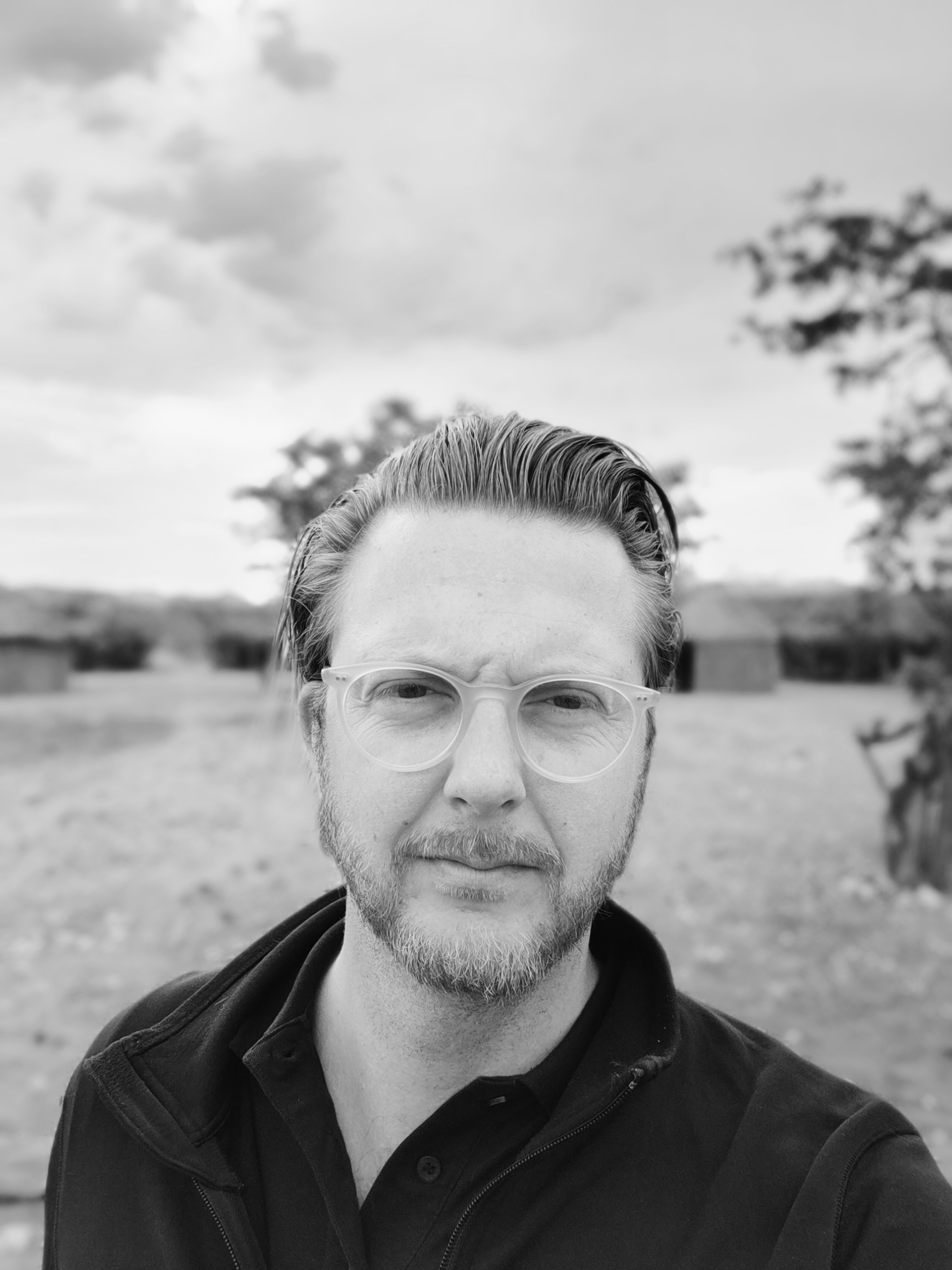
Kasper Rodil is an Associate Professor at Aalborg University, Denmark. Kasper has collaborated with indigenous communities in Namibia for more than a decade on rurally situated emerging tech innovations, such as mobile systems and virtual reality. Kasper has experience with the Participatory Design Conference through having published several papers, co-facilitated a workshop on community-based co-design, reviewed since 2012 and co-organized PDC’14,’16 and 2024.
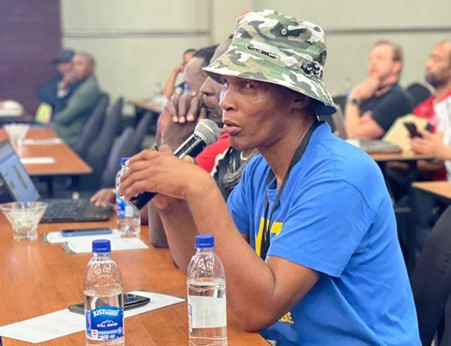
Shortman Kandjengo is acting Chief to the !Khuisi Traditional Community and project coordinator to Donkerbos camping site. The community, situated in a remote village located in east Namibia, consists of the Ju/'hoansi, one of the many indigenous San tribes in Southern Africa, particularly Namibia.
Mr Kandjengo has facilitated many community-research interactions of both development-type and more blue sky research and brings an important insider view to the workshop.
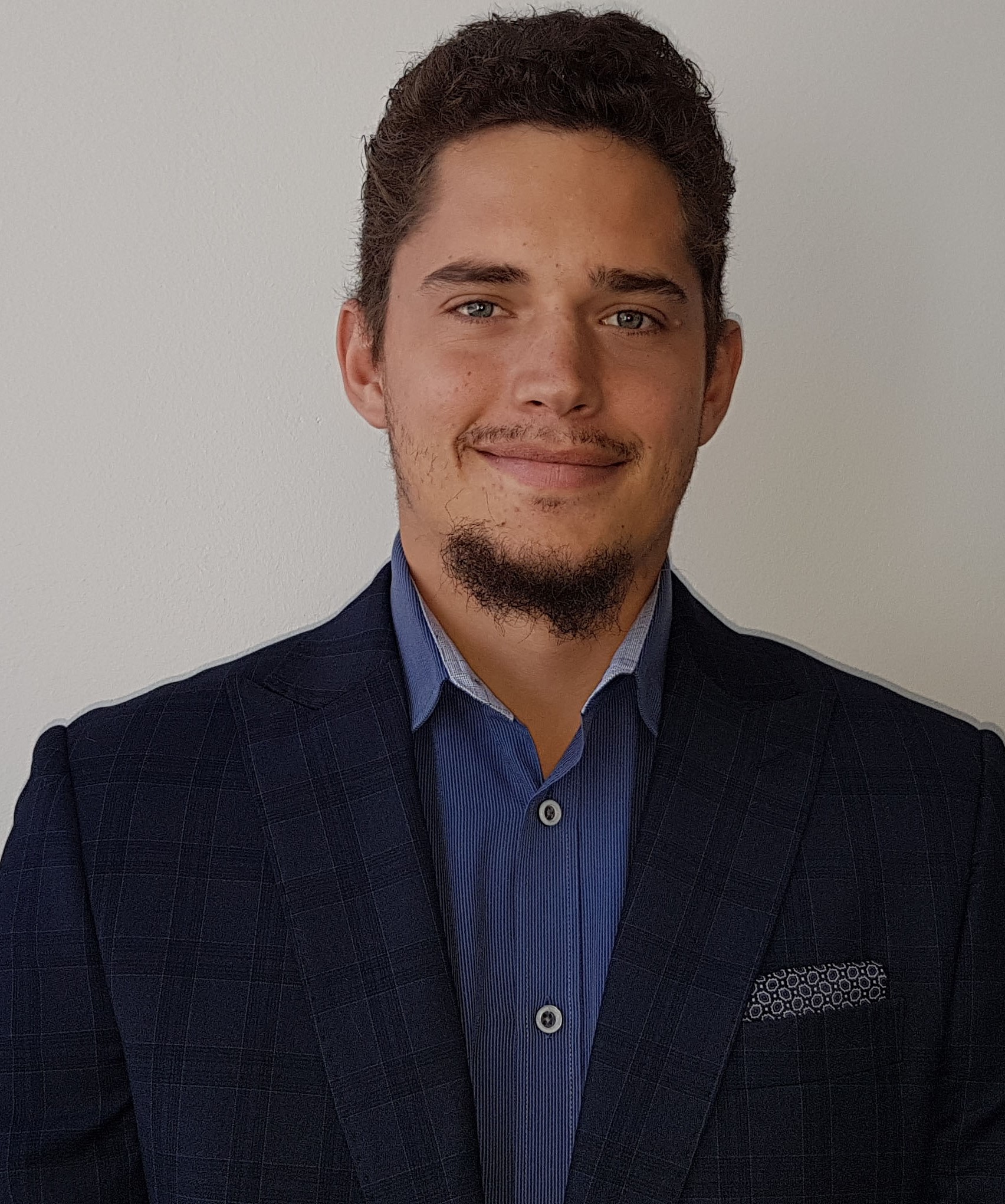
Donovan Maasz is a Ph.D. candidate in Computer Science who adeptly bridges academia and marginalised communities through inclusive strategies. With expertise in participatory design and indigenous knowledge preservation, he champions equitable partnerships for impactful collaborations. Donovan has been actively engaged with communities for 9 years, contributing to various projects aimed at fostering mutual understanding and empowerment.
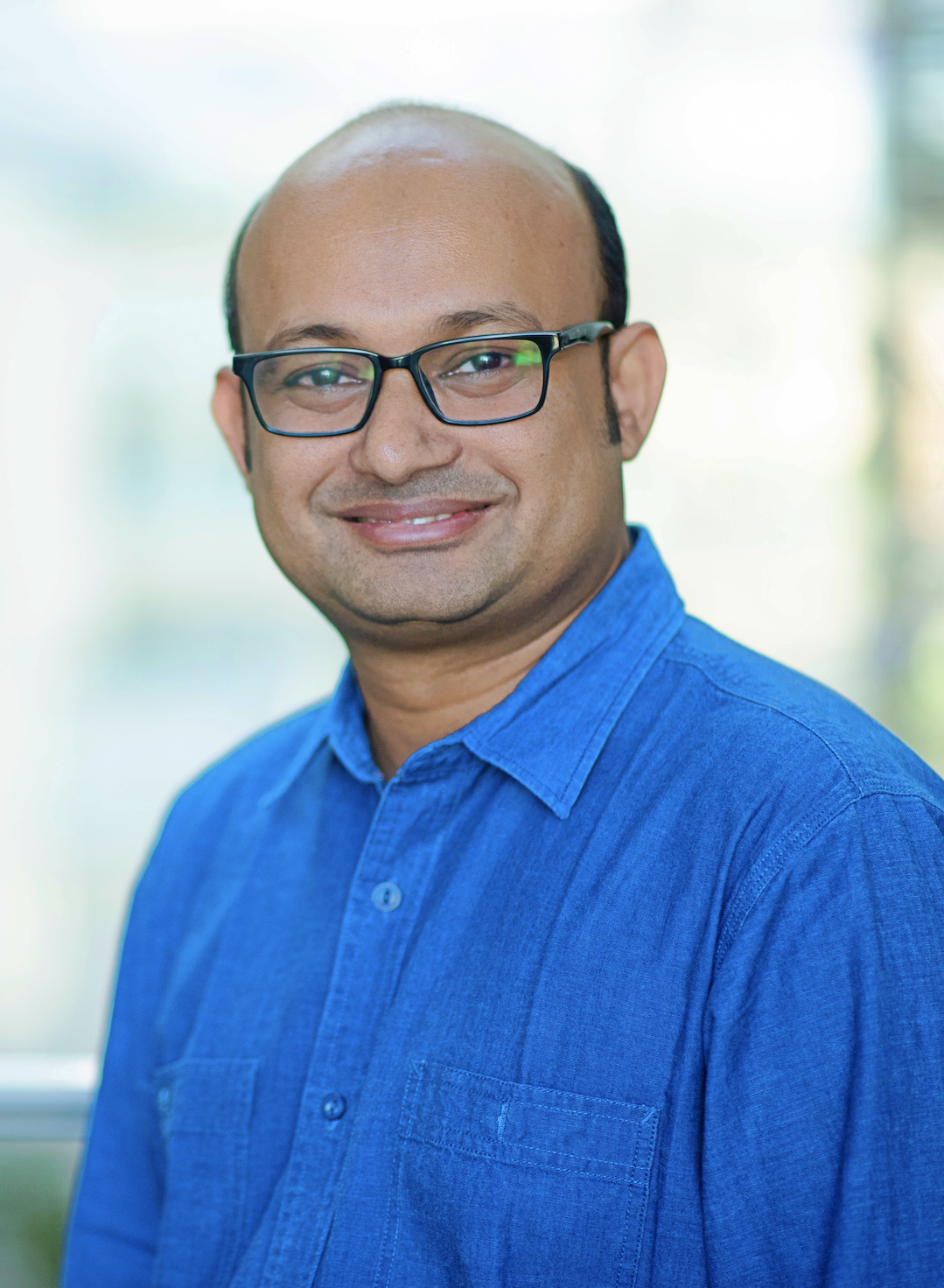
Hasib Ahsan is a post-doc at the IT University of Copenhagen, focusing on the intersection of IT with climate change, refugee crisis, agriculture, and healthcare. With a background in development studies and a PhD in digital intervention, he co-designed and developed digital health services for Rohingya refugees in Bangladesh and Syrian refugees in Jordan. Before joining academia, Hasib spent 10 years as an ICT4D practitioner where he led co-designed ICT4D projects in collaboration with governments, NGOs, aid agencies and marginalised communities in Bangladesh and Nepal. These externally funded, large-scale projects in digital agriculture and health have served over 200,000 individuals.
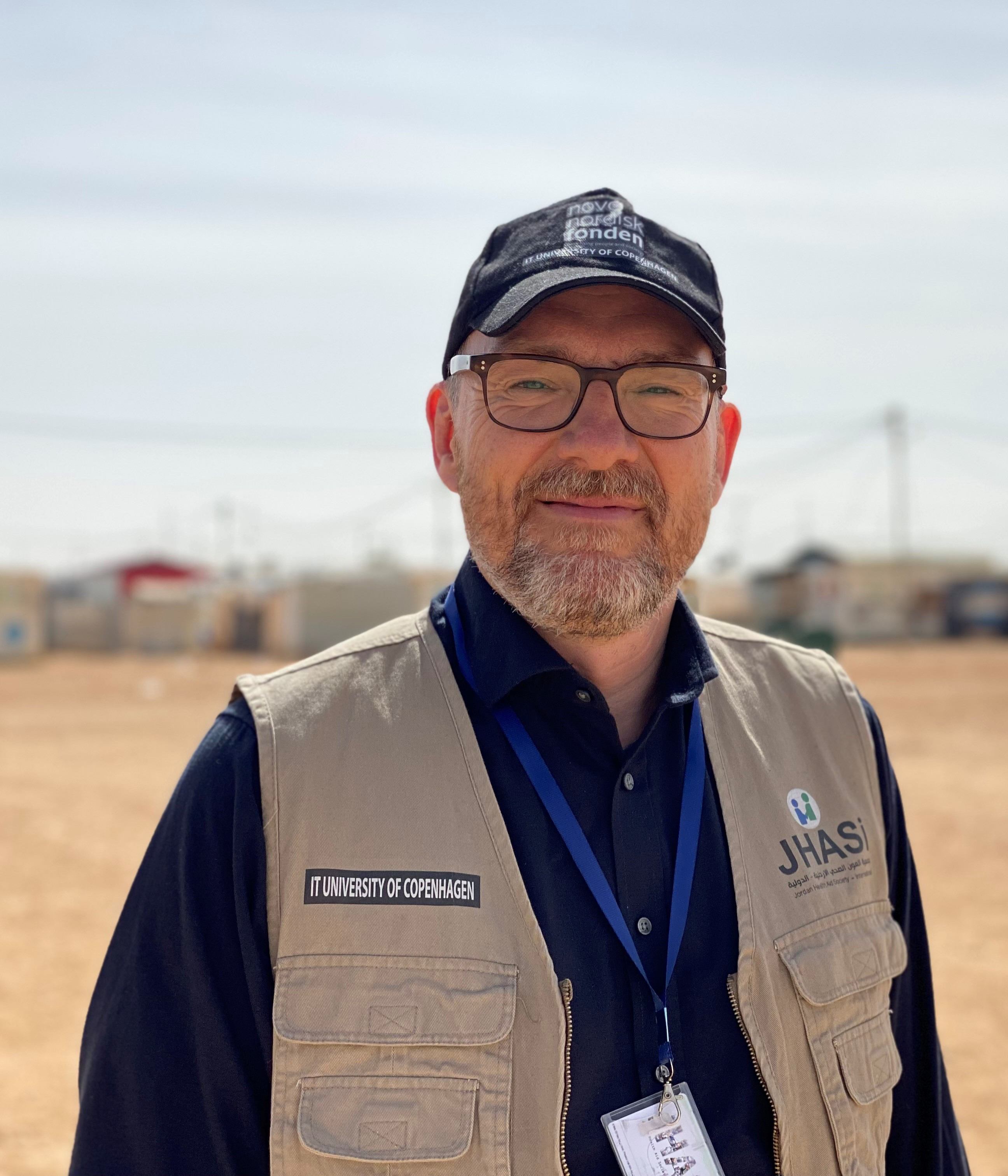
Lars Rune Christensen is an Associate Professor at the IT University of Copenhagen, Denmark. With a background in anthropology and software development, he focuses on interventions and co-design in humanitarian settings. His expertise combines human social and cultural understandings with digital interventions, enabling him to address the intersection of technology, healthcare, and societal challenges. Lars has, for example, collaborated with Rohingya refugees in Bangladesh and Syrian refugees in Jordan.